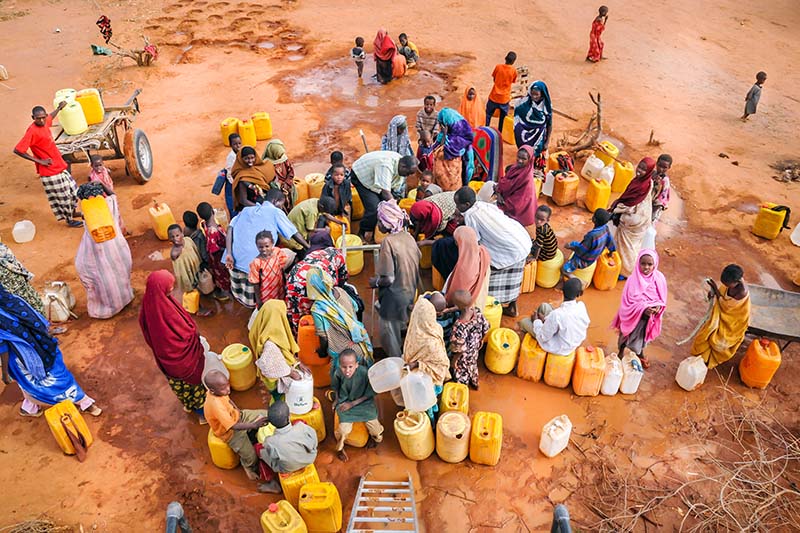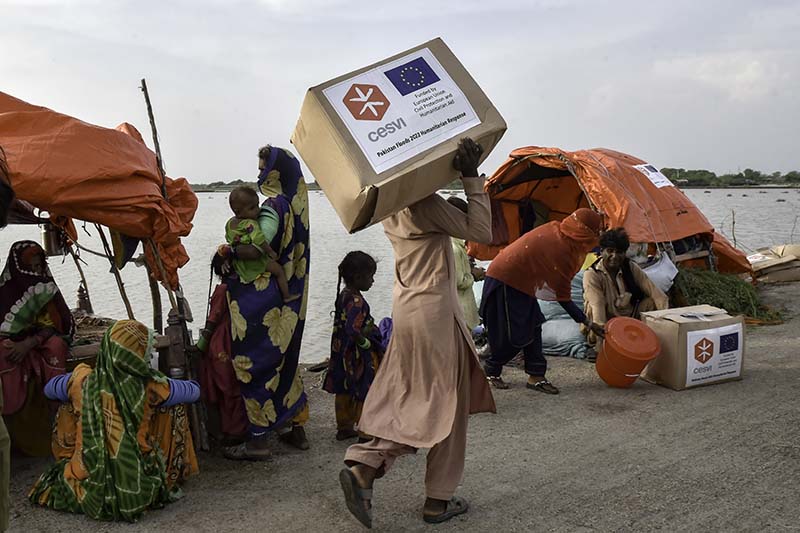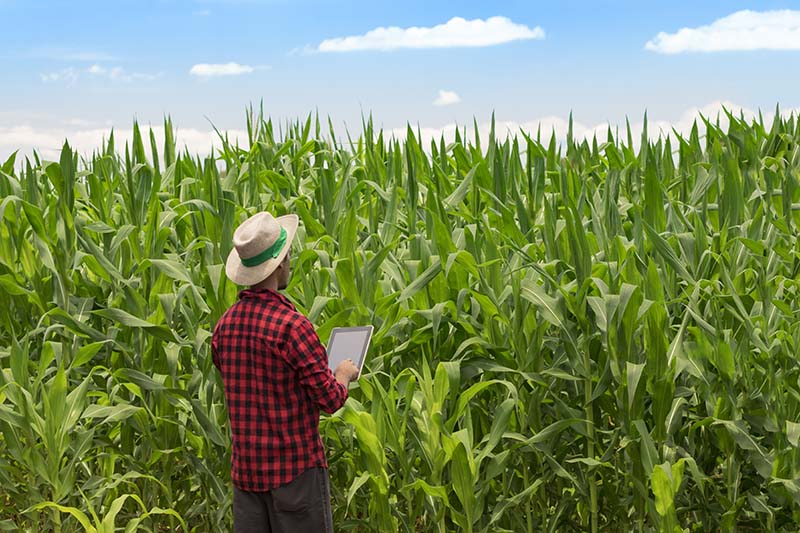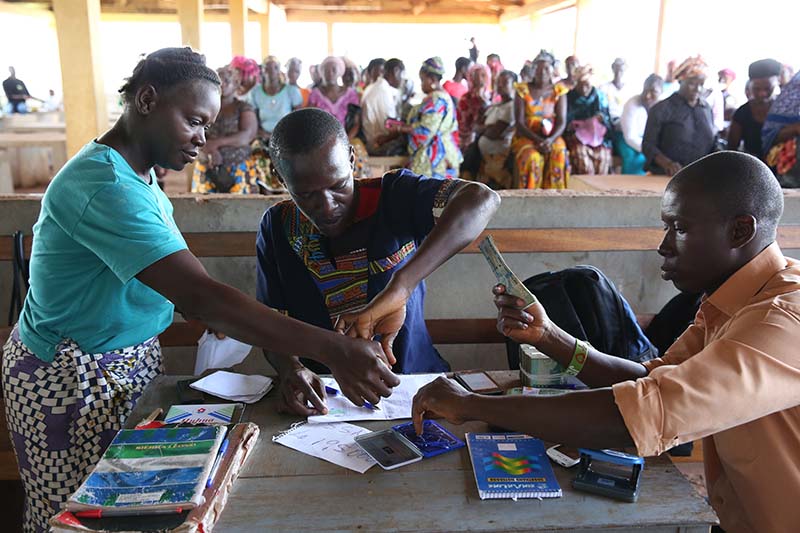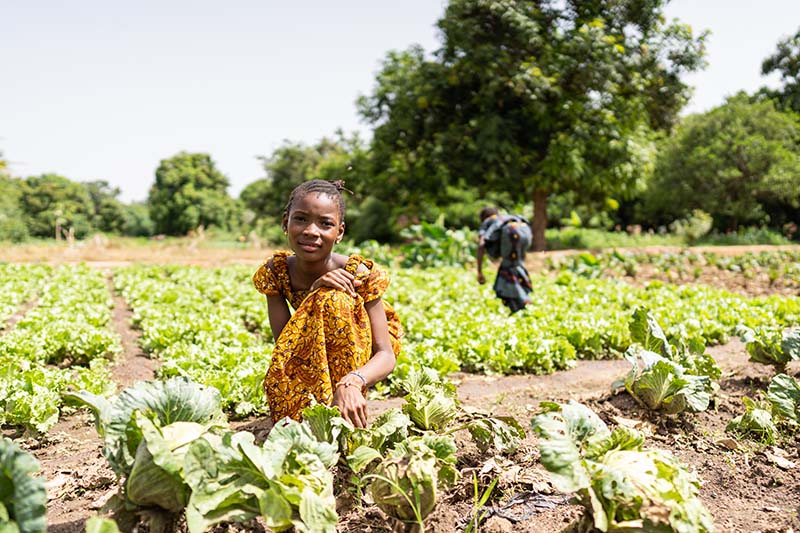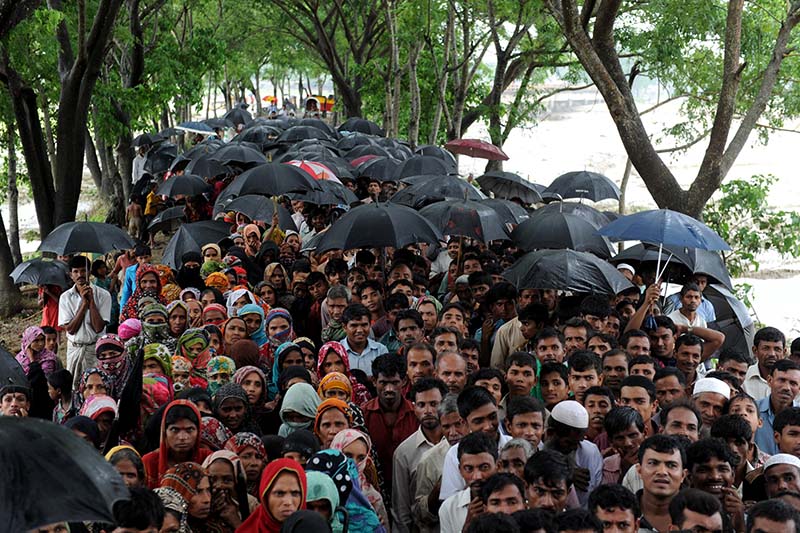Themes
Food crises are increasingly complex and devastating, driving up the numbers of hungry and displaced people. Responses must be transformed to address the growing impact of these crises. Drawing on recent experiences and research, the 2023 Global Food Policy Report highlights opportunities for building a more effective and sustainable set of policy responses.
Rethinking Crisis Reponses
Increased frequency and impact of crises require rethinking our responses, drawing on recent research and evidence-based policies
Early Warning Systems
Early warning systems play a vital role in identifying likely crises and speeding responses, but could be made more effective with greater integration
Humanitarian Response & Early Action
Anticipatory action can deliver more effective humanitarian responses and support resilience building by preparing for crises in advance
Resilient Value Chains
Flexible, innovative value chains are well placed to adapt during crises, continuing to provide food security and support livelihoods
Social Protection
Social protection, especially safety net programs, can build resilience for vulnerable populations before a shock and reduce impacts on food security and poverty when crises hit
Promoting Equality
Prioritizing policies that support women and their empowerment before and during crises is essential to reducing harm from food system shocks
Addressing Forced Migration
For people forced from their homes by crises, as well as hosting and sending communities, well-tailored policies can expand the positive impacts of migration

